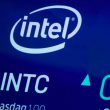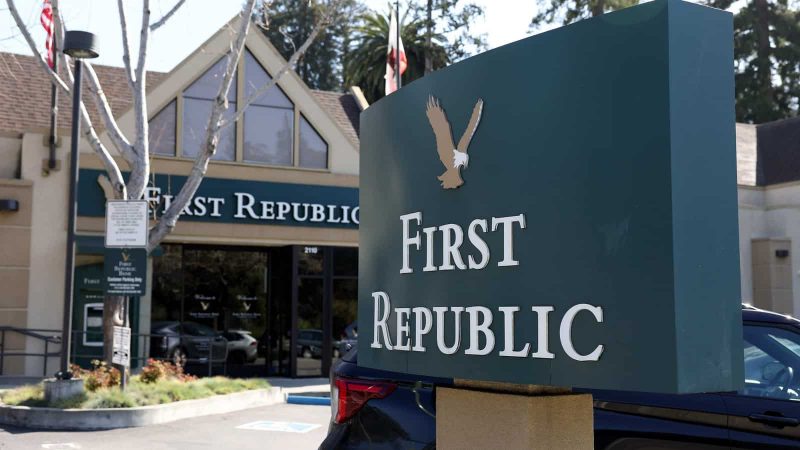After Silicon Valley Bank’s (SVB) collapse last week, First Republic Bank (FBR), another banking giant, saw its stock fall to an all-time low. According to a report by Forbes, the bank’s stock fell to a low of $22 on March 16, before trading halted on the New York Stock Exchange.
Since then, several large U.S. banks have come together to aid the failing financial institution. First Republic Bank will receive up to $30 billion in deposits from JP Morgan, Bank of America, Wells Fargo, Citi, and other institutions. The deal aims to stabilize the lender and combat concerns about the American banking sector. Now, Investor Bill Ackman has questioned the 11 American banks’ plan. He claims that the deposit creates a “false sense of confidence.”
Ackman posted on Tweet in which he mentioned that Treasury Secretary, Janet Yellen is pressuring major Wall Street banks to “recycle” some of the First Republic deposits, they have received. The billionaire investor said that FRB’s default risk is now being spread to the largest banks in the U.S. He stated that,
“Spreading the risk of financial contagion to achieve a false sense of confidence in FRB is bad policy.”
How can we contain First Republic Bank’s situation?
Ackman believes that we are beyond the point of the private sector solving the problem. Instead, he is advocating an urgent interim system-wide deposit guarantee. U.S. depositors at the defunct Silicon Valley Bank and Signature Bank in New York have guaranteed access. However, only up to $250,000 per account owner, per ownership category, is insured by the FDIC (Federal Deposit Insurance Corporation). Ackman declared that he has no holdings in the banking industry. But he is quite worried about the possibility of a financial contagion that expands beyond control.
The failure of Silicon Valley Bank and Signature Bank, New York, has shaken the banking industry and raised concerns that there may be a chain reaction that could trigger the next major financial crisis.
Following a run on deposits, both banks were forced to terminate operations. The development has raised concerns that the panic would spread to affect other local banks. Customers are currently switching their deposits from smaller banks to bigger institutions like Bank of America, Citigroup, and JPMorgan Chase.





